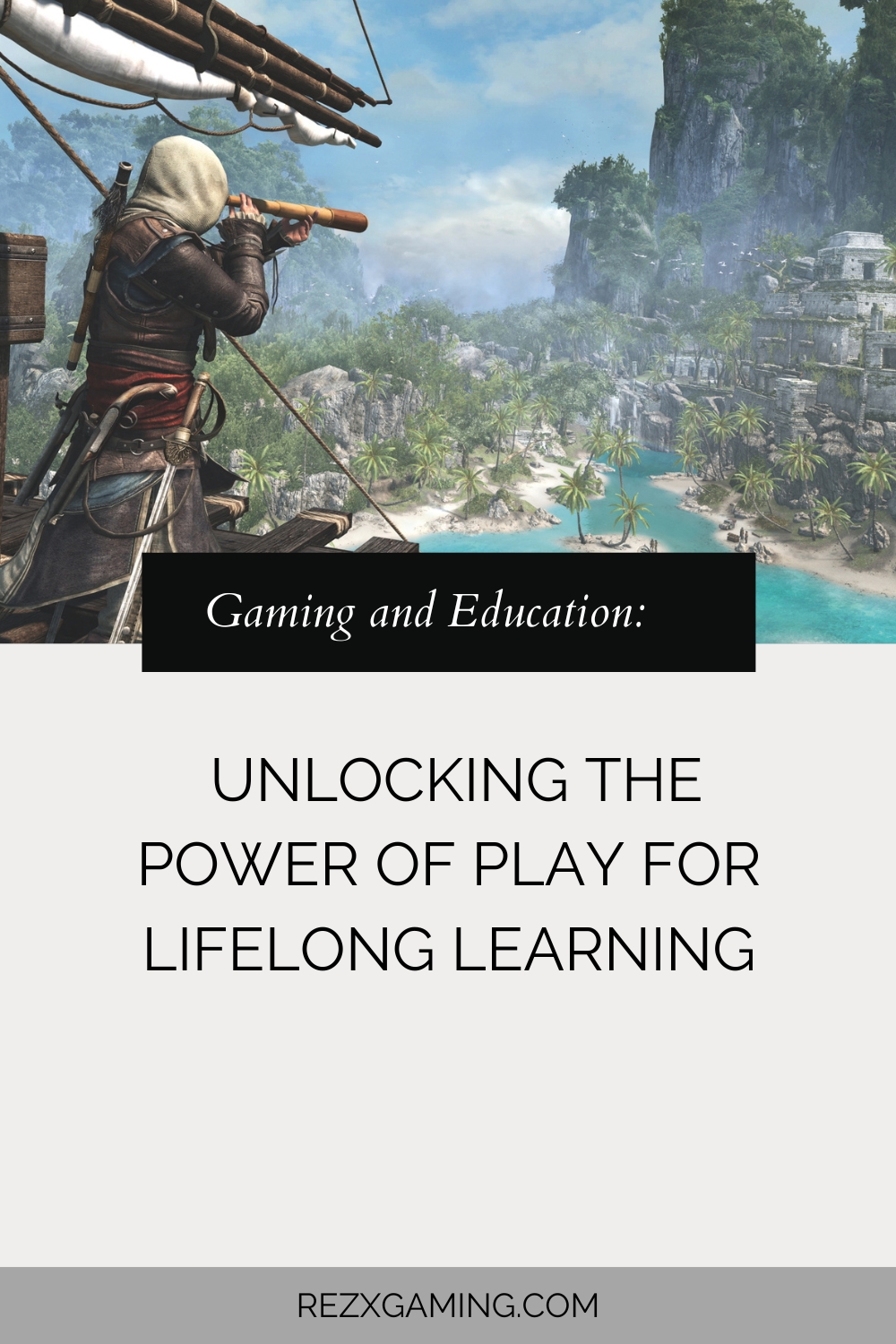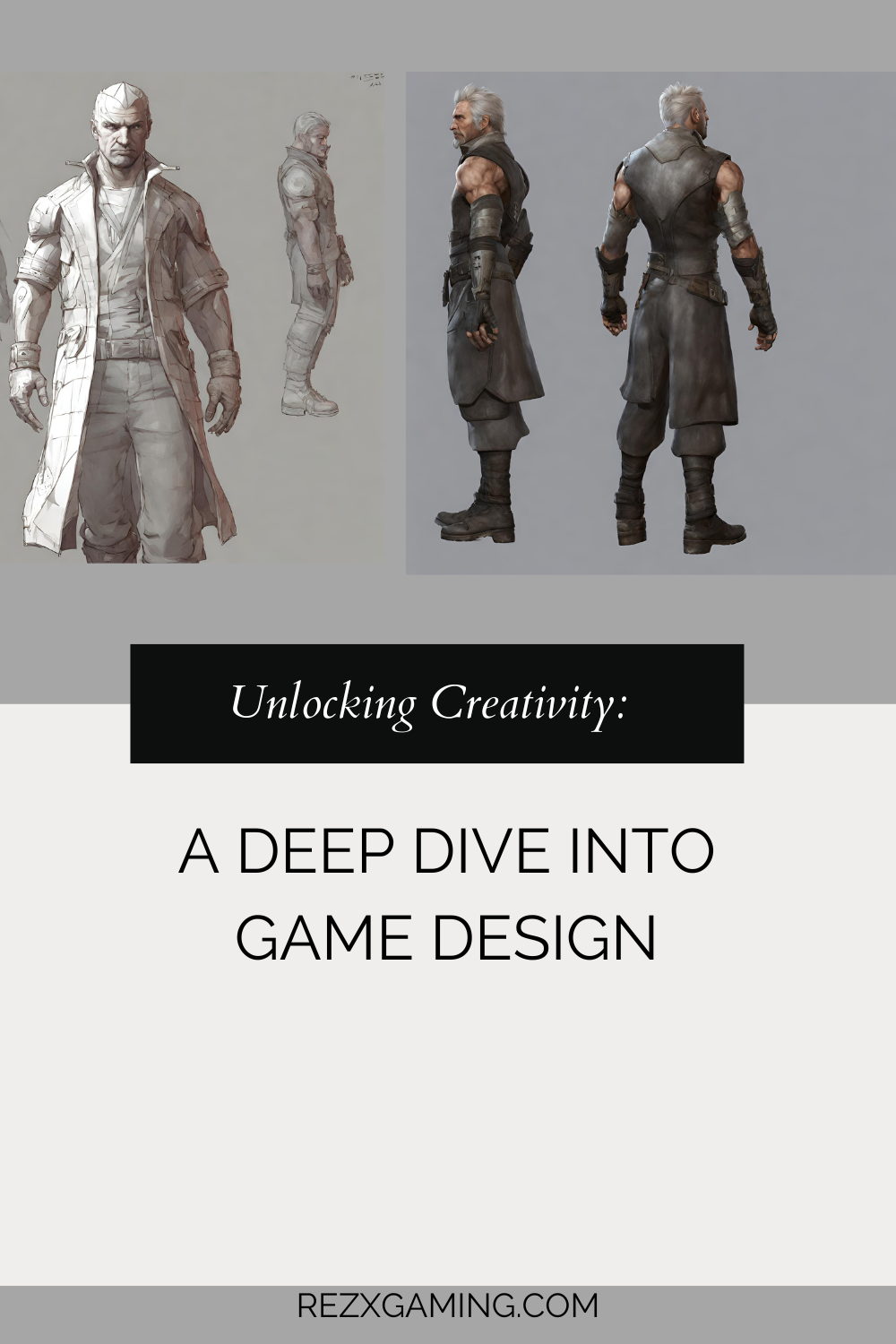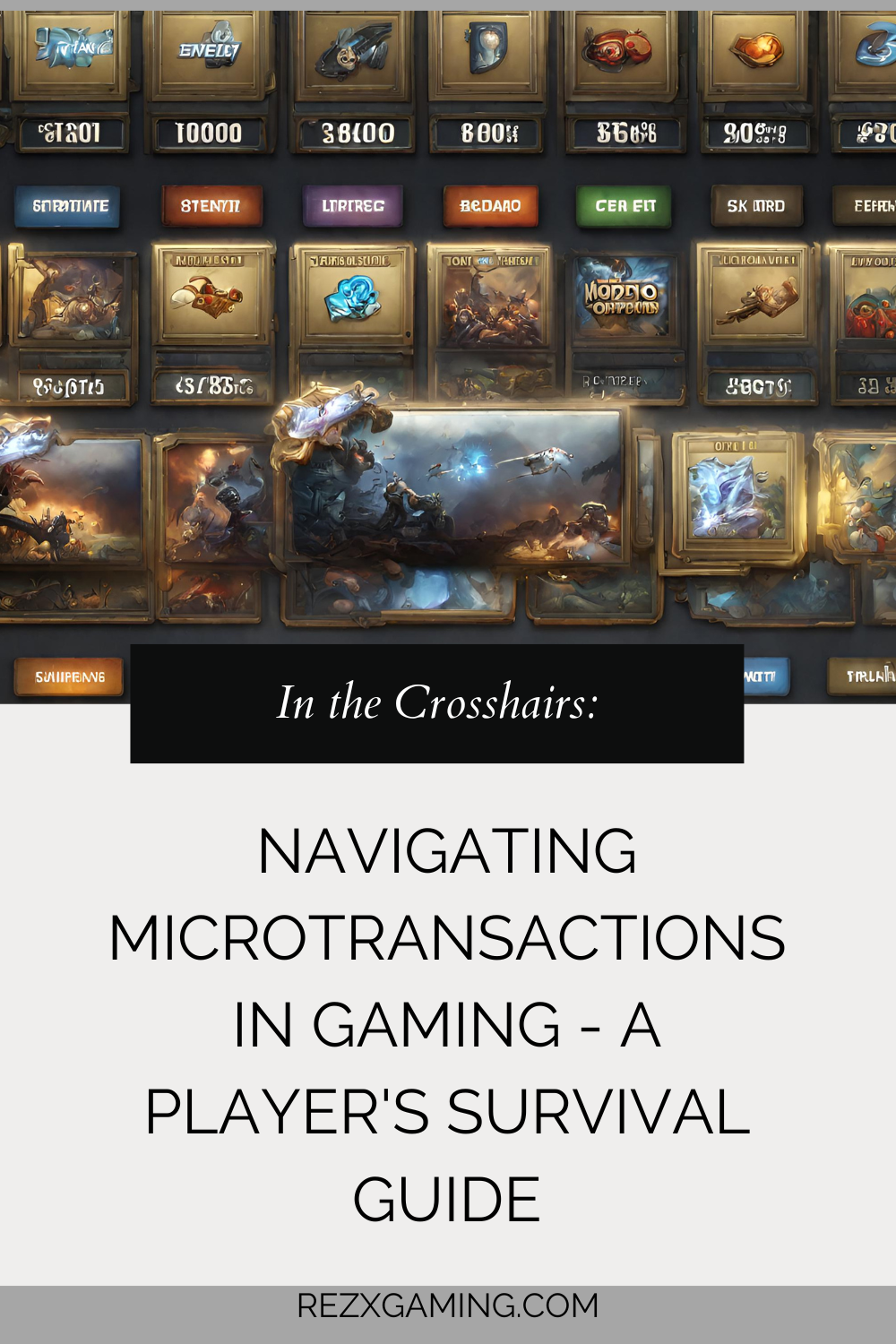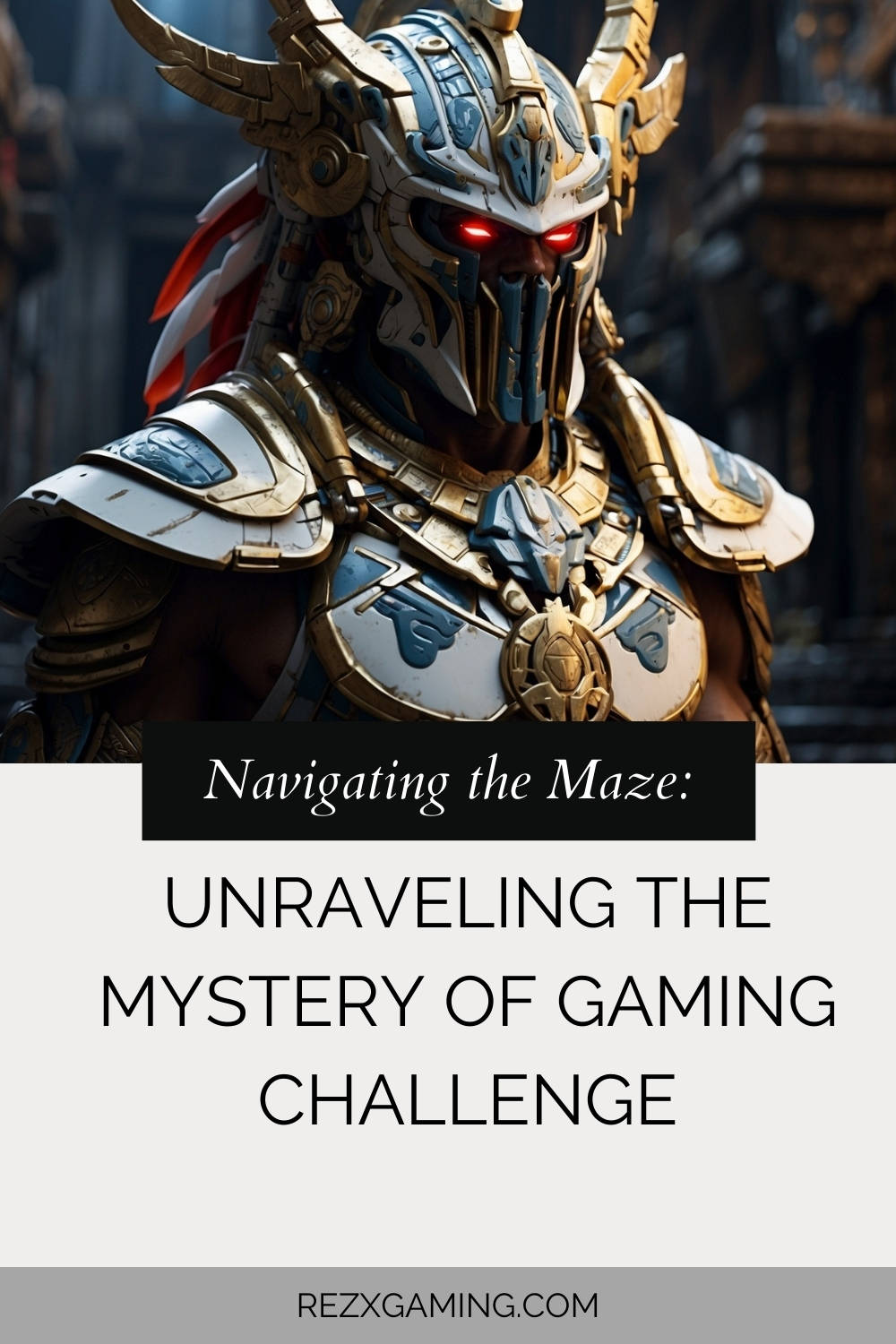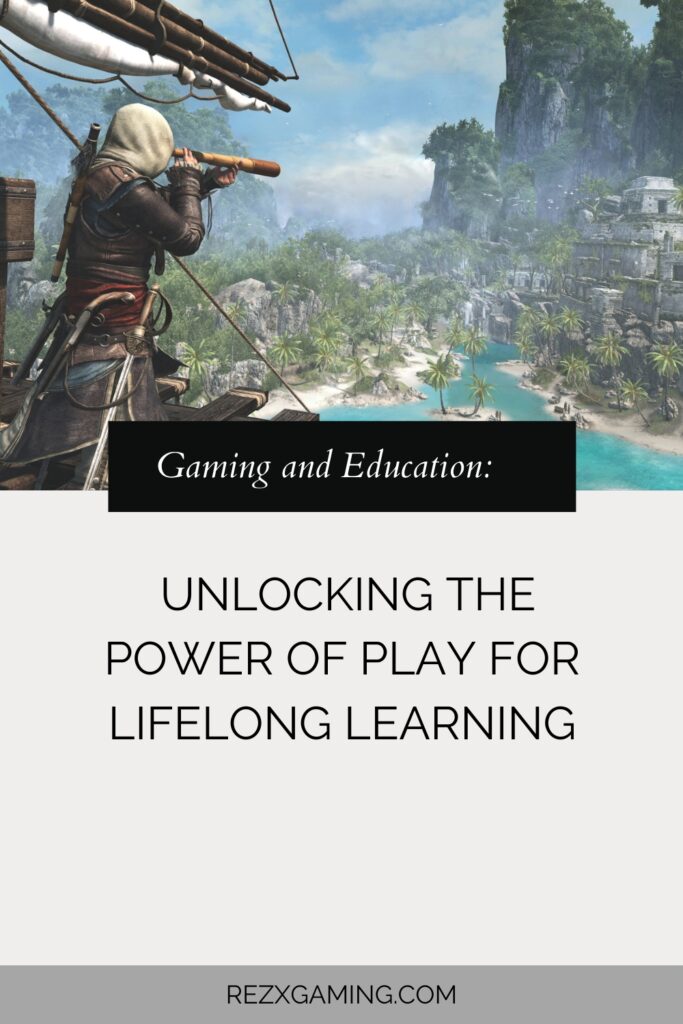
In the realm of education, traditional teaching methods are undergoing a transformation, with educators increasingly turning to video games as powerful tools for engaging students and enhancing learning outcomes. Far from mere entertainment, video games have emerged as immersive learning environments that foster critical thinking, problem-solving skills, and collaboration. In this blog post, we’ll embark on a journey through the intersection of gaming and education, exploring how video games are revolutionizing learning and reshaping the future of education.
The Power of Play: Engaging Minds Through Gamified Learning
At the heart of the gaming revolution in education lies the power of play—an inherently engaging and motivating force that captivates learners of all ages. By harnessing the principles of gamification, educators are transforming traditional lesson plans into interactive experiences that encourage active participation and foster a love of learning. Whether it’s mastering math concepts through educational games like “Prodigy” or exploring historical events in immersive simulations like “Assassin’s Creed: Origins Discovery Tour,” video games offer a dynamic and engaging platform for exploring academic concepts in a fun and interactive way.
From Player to Problem-Solver: Cultivating Critical Thinking Skills
One of the key benefits of integrating video games into education is their ability to cultivate critical thinking skills and promote deeper learning. Unlike passive forms of media, video games challenge players to think strategically, analyze complex problems, and develop creative solutions. Games like “Portal” and “Minecraft” encourage players to experiment, explore, and think outside the box, fostering a growth mindset and instilling a sense of resilience in the face of challenges. By engaging in gameplay, students develop essential 21st-century skills that are vital for success in an increasingly complex and interconnected world.
Collaboration and Communication: Building Communities of Learners
In addition to fostering individual skills, video games also provide opportunities for collaboration and communication, enabling students to work together to achieve common goals and solve problems collaboratively. Whether it’s teaming up with classmates in cooperative games like “Overcooked” or collaborating with peers in virtual worlds like “Second Life,” video games promote social interaction and teamwork, fostering a sense of community and belonging among learners. By creating spaces for collaboration and communication, video games empower students to learn from one another and build meaningful connections that extend beyond the classroom.
Breaking Down Barriers: Inclusivity and Accessibility in Gaming Education
One of the most powerful aspects of gaming in education is its ability to break down barriers and make learning accessible to all learners, regardless of their background or ability level. Through adaptive learning technologies and customizable settings, educators can tailor gameplay experiences to meet the unique needs of individual students, providing personalized learning pathways that cater to diverse learning styles and preferences. Additionally, video games offer a level playing field where students can learn at their own pace, without fear of judgment or stigma, empowering them to take ownership of their learning and pursue their passions with confidence.
Conclusion:
As we look to the future of education, video games stand poised to revolutionize the way we teach and learn, offering a dynamic and immersive platform for engaging students and enhancing learning outcomes. By harnessing the power of play, cultivating critical thinking skills, fostering collaboration and communication, and promoting inclusivity and accessibility, video games have the potential to transform education and empower learners of all ages to reach their full potential. As educators continue to explore the possibilities of gaming in education, let us embrace the power of play as a catalyst for lifelong learning and innovation in the classroom and beyond.

